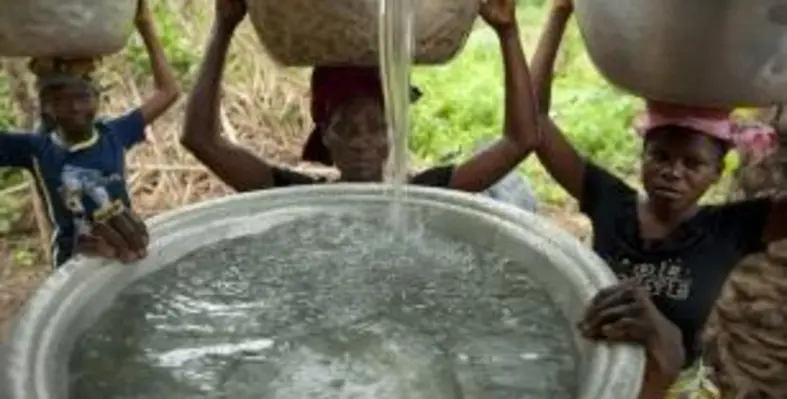An African Development Bank (AfDB) team of experts, led by Martin Fregene, director of agricultural infrastructure and Wambui Gichuri, director of water development and sanitation, visited Zambia from 23-27 July to identify businesses in the nation’s water and agriculture sectors and explore new financing opportunities for the country’s development
The team met senior government officials from the Ministries of National Development and Planning, Agriculture, Livestock and Fisheries Development, Environment, Water and Sanitation to discuss the policy framework for non-sovereign financing of agriculture and water resources management programs, using alternatives to public loans with government guarantee.
Currently, AfDB supports Zambia’s water sector via government guaranteed sovereign loans and grants to the water and sanitation services. The water companies continue to face challenges in growing their businesses through the extension of services to many of the newly developed areas.
AfDB is offering non-sovereign financing to the water companies for the last mile. Under the NSO instrument, the Bank will support 33 per cent of the programme cost, while other financiers and the client would cover the rest with a tenure of 15 years and a grace period of five years.
Each of Zambia’s three water companies has potential projects of over US$120mn. The companies will work on the feasibility studies and designs prior to seeking non-sovereign financing from the AfDB. The water companies are expected to strengthen their governance and performance to better utilise and service the financing. The Lusaka, North Western and Nkana water and sewerage companies committed to working on potential projects for financing under this window.
AfDB’s support to the agriculture sector will be private sector-led. It will support Zambia to reform its agricultural trade policies that allow for private sector participation in the export of agricultural commodities.
Additional investments, under the AfDB’s transformation of African Savannah Initiative (TASI) would leverage on private sector financing to develop public-private projects that connect smallholder farmers to the higher end of agricultural value chains.














